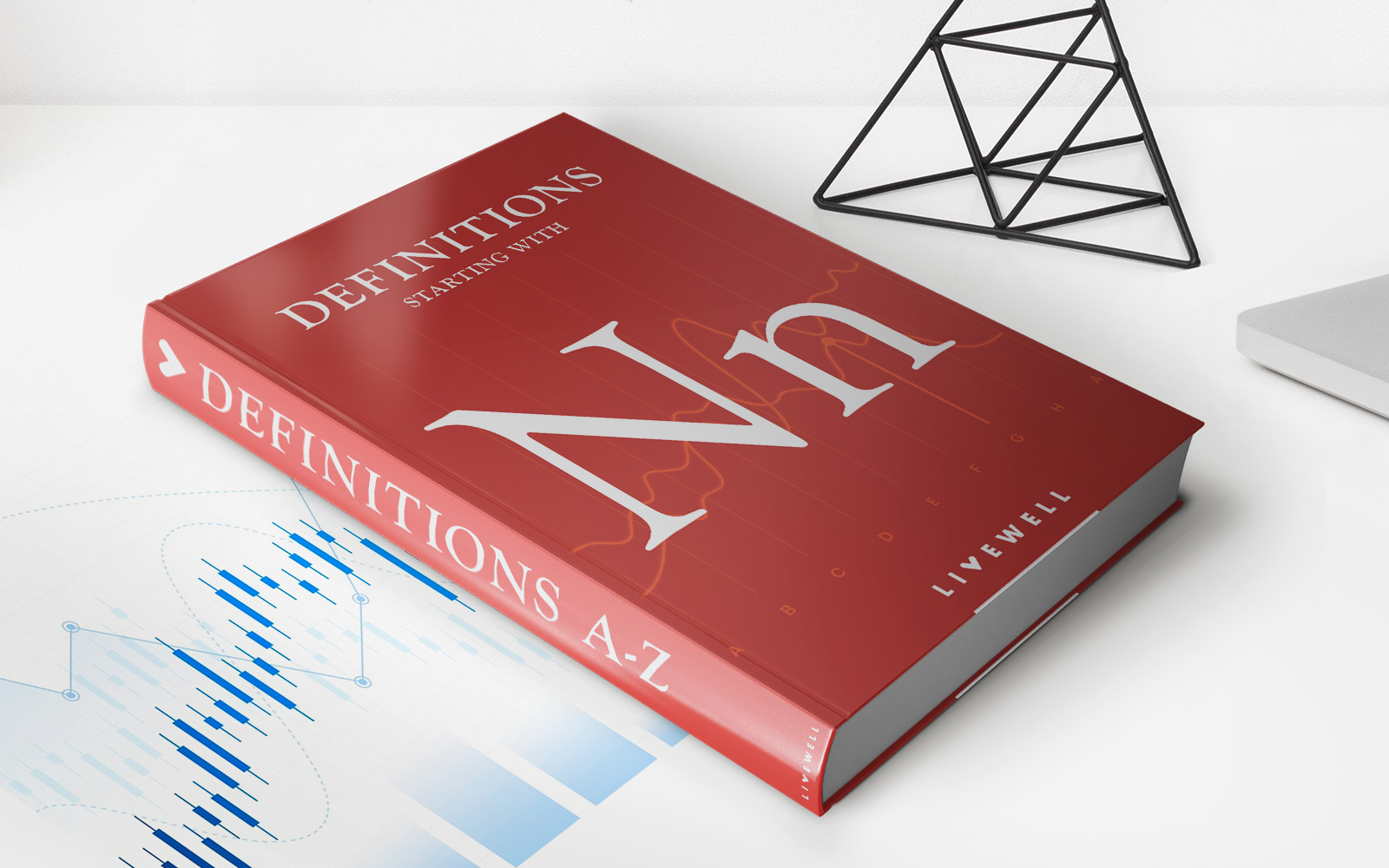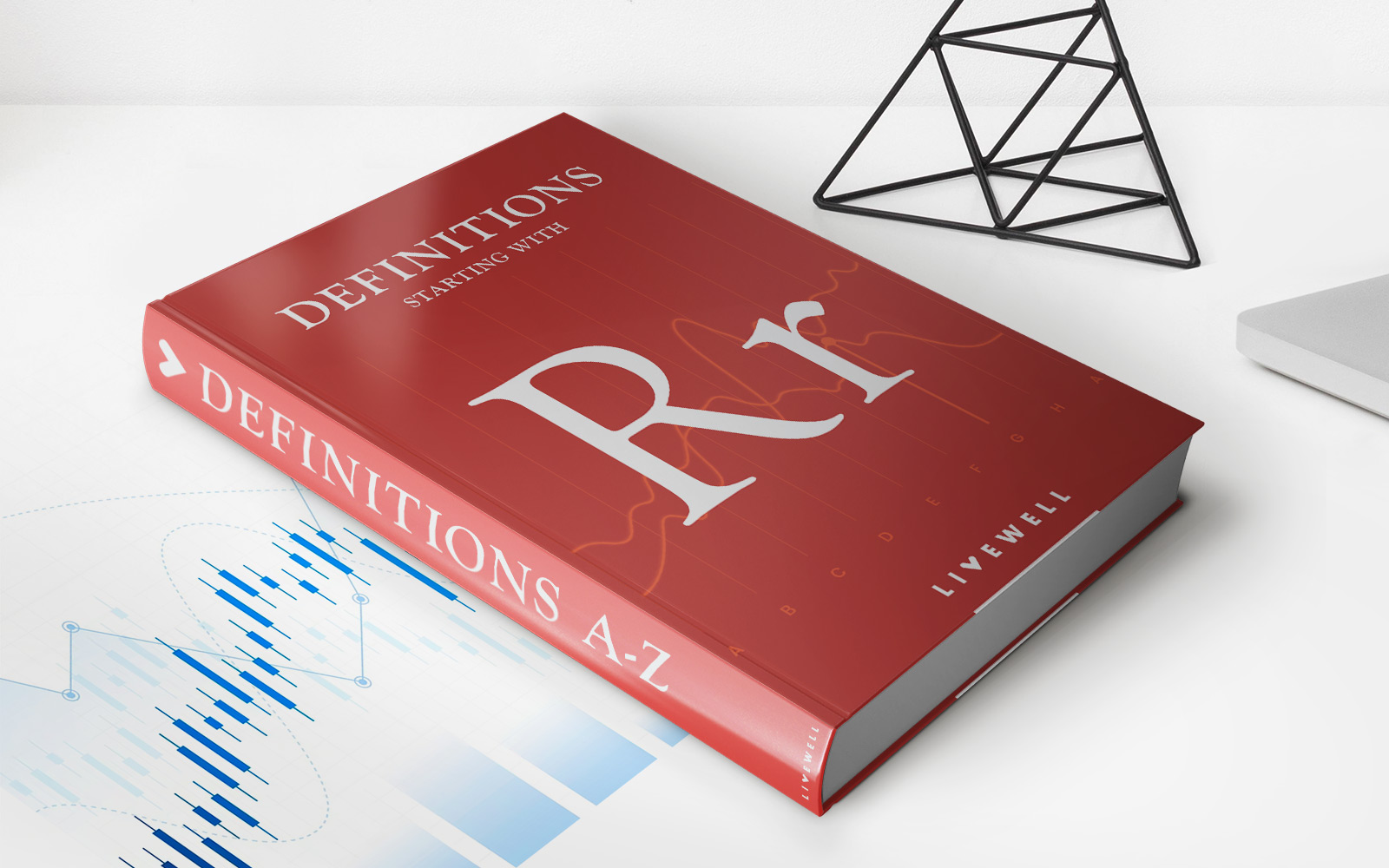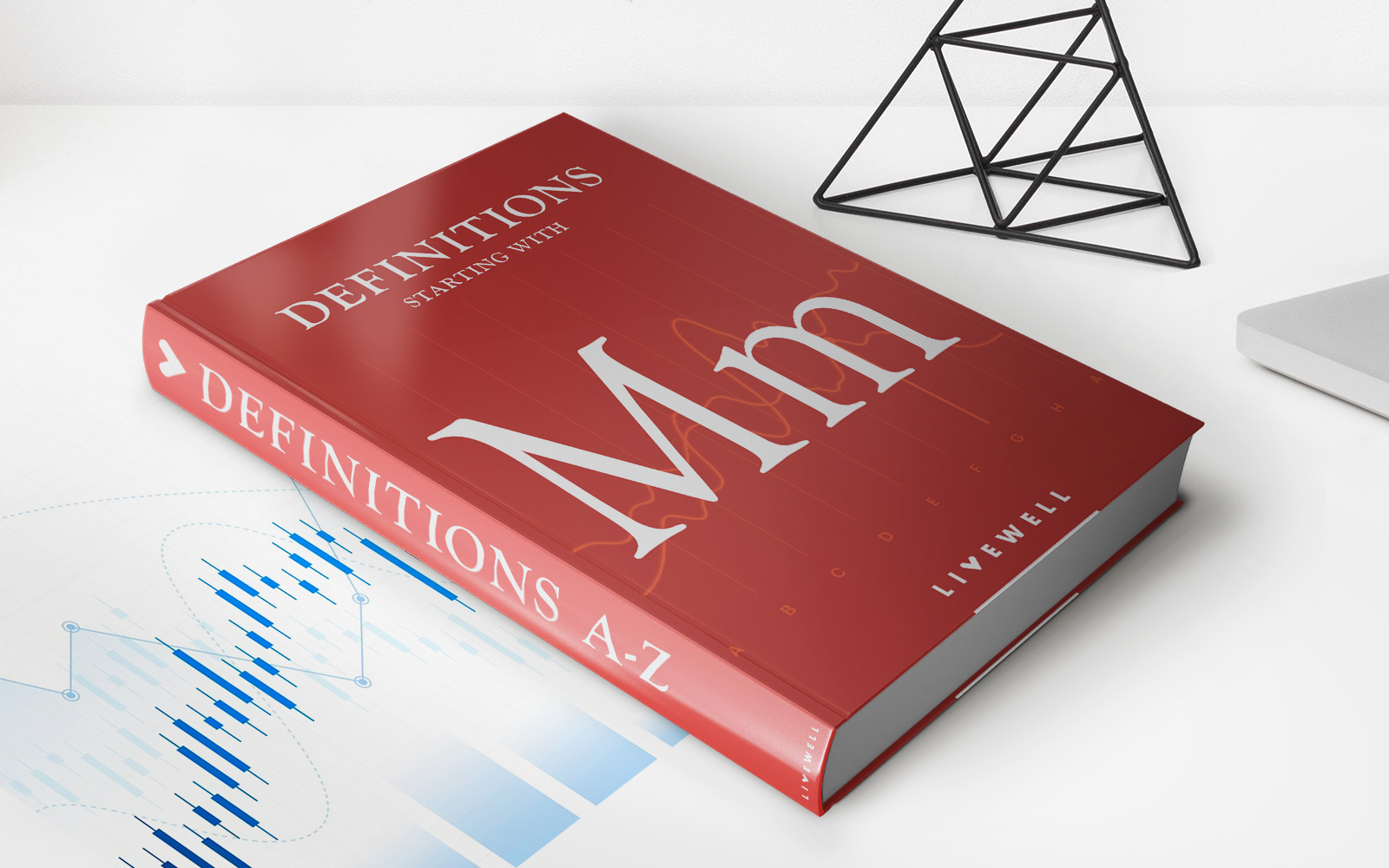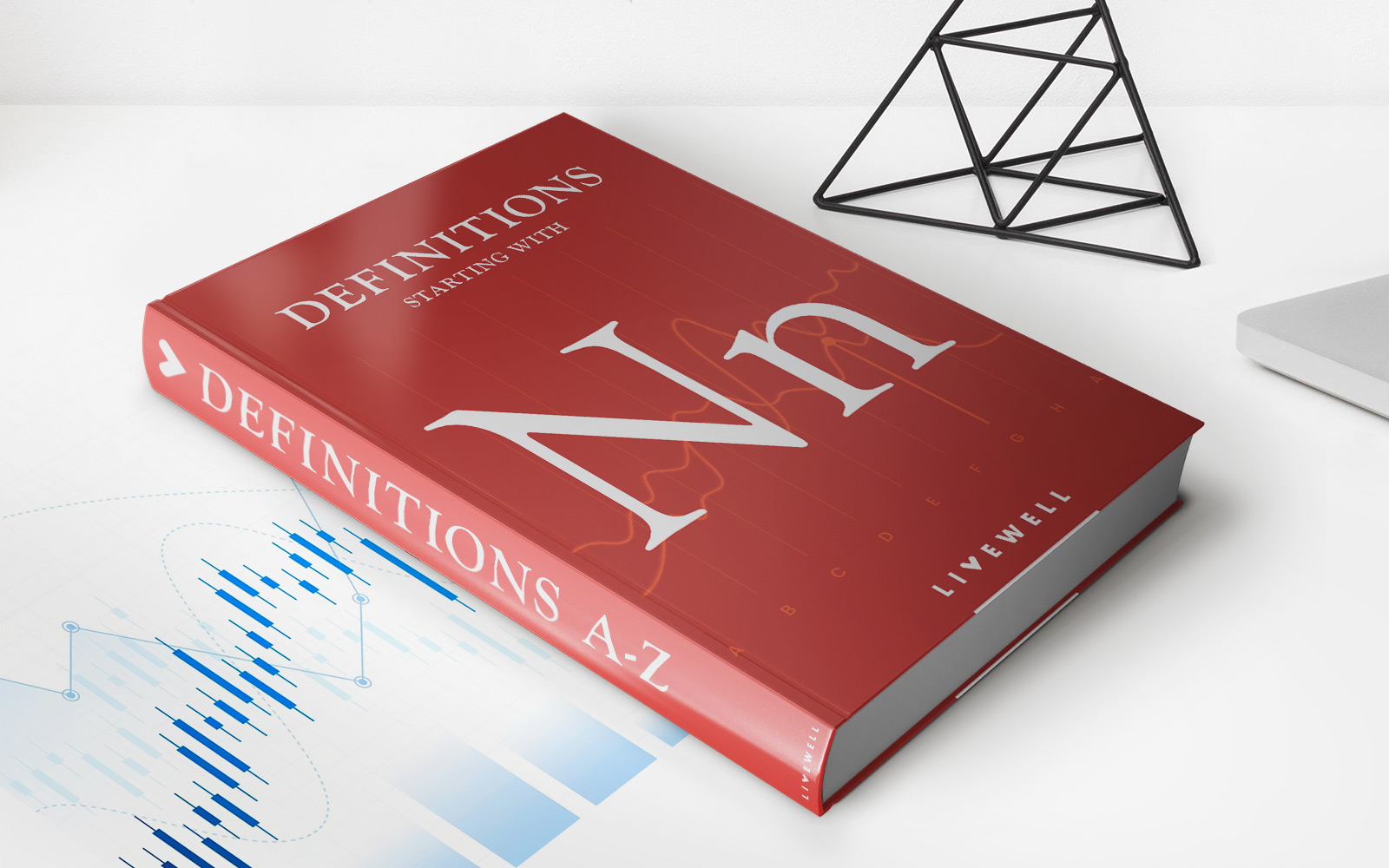

Finance
Bond Ratio Definition
Published: October 18, 2023
Learn the definition of bond ratio in finance and how it affects investment decisions. Discover its importance in analyzing financial stability and risk.
(Many of the links in this article redirect to a specific reviewed product. Your purchase of these products through affiliate links helps to generate commission for LiveWell, at no extra cost. Learn more)
Understanding Bond Ratio: An Essential Tool in Financial Planning
When it comes to personal finance, having a solid understanding of various concepts and methods is crucial. One such concept that plays a vital role in financial planning is the Bond Ratio. In this blog post, we will dive into the world of Bond Ratios, exploring their definition, significance, and potential benefits. So, let’s get started!
Key Takeaways:
- Bond ratios help investors assess their investment portfolio’s risk and return potential.
- They provide a clear picture of the proportion of bonds in relation to other investments within a portfolio.
What exactly is a Bond Ratio?
A Bond Ratio is a measure used to determine the proportion of fixed-income securities, commonly known as bonds, within an investment portfolio. It indicates the percentage of a portfolio’s total value allocated to bonds compared to other asset classes, such as stocks, cash, or real estate. This ratio provides valuable insights into an investor’s risk tolerance, asset allocation strategy, and potential returns.
Why is the Bond Ratio significant?
The Bond Ratio is significant for several reasons. By assessing the proportion of bonds within a portfolio, investors can evaluate and adjust their risk exposure. It helps determine whether an investment portfolio is balanced or tilted towards higher-risk or lower-risk investments. This balance is crucial for achieving financial goals while minimizing exposure to potential market volatility.
Potential Benefits of a Balanced Bond Ratio:
- Diversification: Bonds typically have a negative correlation with stocks, meaning that they often perform differently in different market conditions. A balanced bond ratio provides diversification, reducing the overall risk of the portfolio.
- Stability: Bonds are generally considered less volatile than stocks. They offer stability and act as a cushion during market downturns, thus providing a reliable source of income.
- Income Generation: Bonds generate periodic interest payments, making them an attractive option for income-oriented investors, particularly during retirement.
How to Determine your Ideal Bond Ratio?
The ideal bond ratio varies among investors, as it largely depends on factors such as age, risk tolerance, financial goals, and time horizon. However, there are a few general guidelines to consider when determining your ideal bond ratio:
- Evaluate your risk tolerance: Take into account your ability to withstand fluctuations in the market and your comfort level with potential losses.
- Consider your time horizon: Investors with a longer time horizon are often more willing to take on higher risks, while those nearing retirement may prefer a more conservative approach.
- Consult a financial advisor: Seeking guidance from a financial professional can help you assess your specific circumstances and develop an appropriate bond ratio that aligns with your goals.
Remember, achieving the right bond ratio is a dynamic process that may need periodic adjustments as your financial situation and goals evolve.
In conclusion, the Bond Ratio is a valuable tool in financial planning, providing insights into an investment portfolio’s risk and return potential. By maintaining a balanced bond ratio, investors can diversify their holdings, achieve stability, and generate income. Determining the ideal bond ratio requires thoughtful consideration of individual circumstances and may necessitate professional guidance. So, make sure to examine your portfolio and assess your risk tolerance to optimize your investment strategy!














